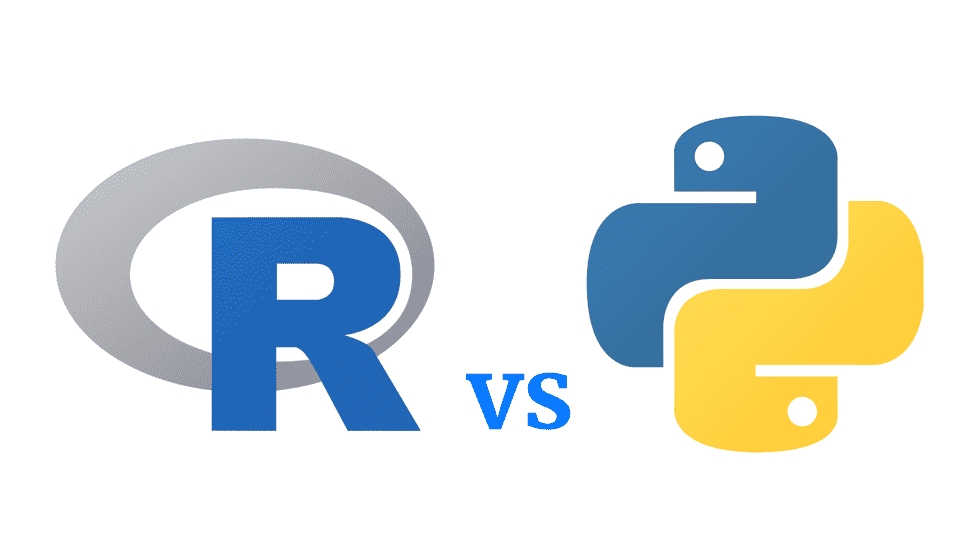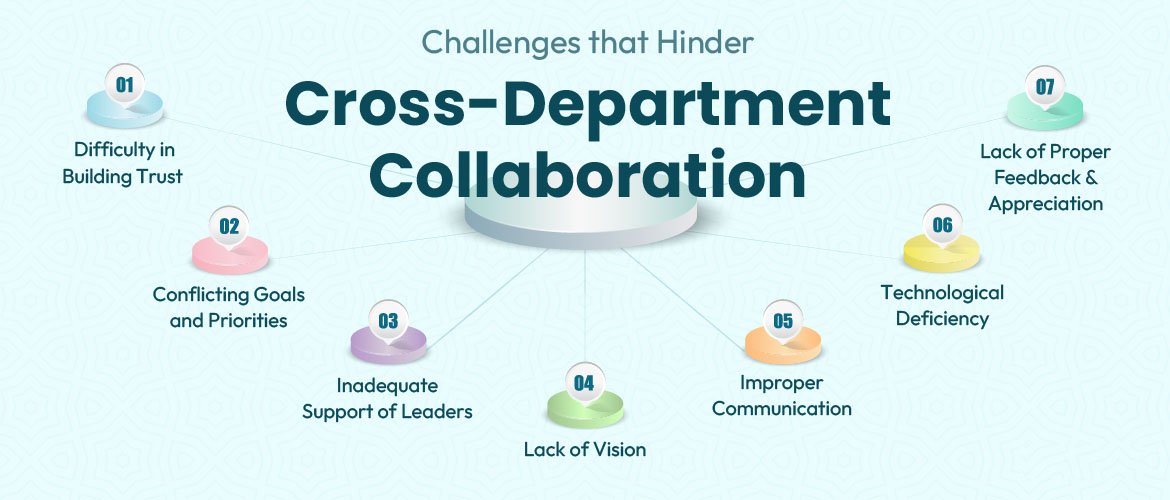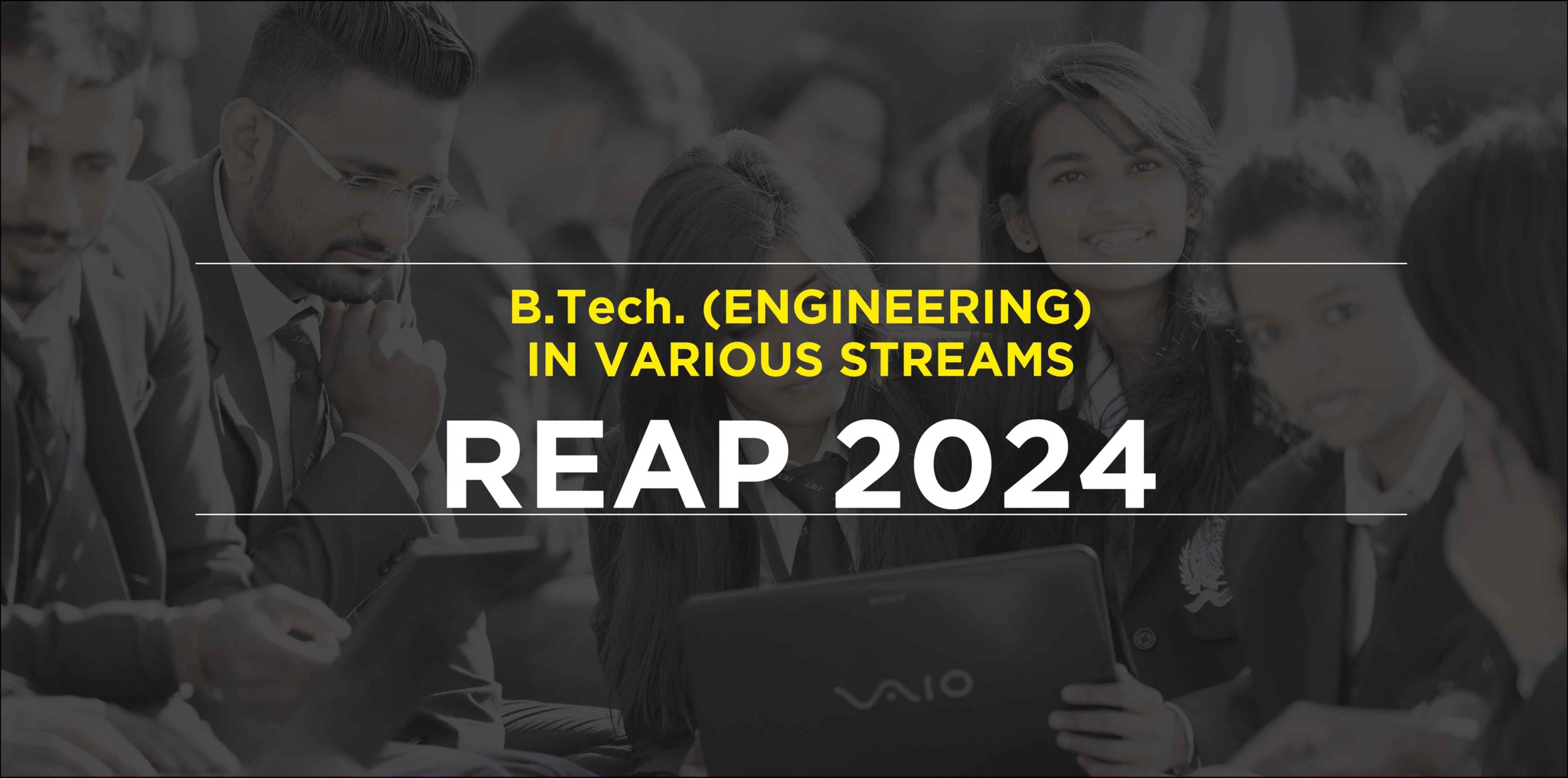Python v/s R: Best Programming Language for Data Scientists
Programming languages are a way of communication between programmers and computers. One needs to have real in-hand experience and knowledge about the various programming languages to develop an actual skill set in web development.
Python
Python is the classic programming language, and it is indeed the simplest among the rest and the primary language learned by programmers. In addition to being a popular tool for data science, machine learning, and web services, Python is also used as a backend language.
It is known to be swift, with an easy user interface and readability that supports knowledge acquisition for beginners in data science. It is most popular on Facebook, Youtube, Abacus, etc., for its apt calculation, operations, and user-friendly dynamics.
Python trains a beginner to communicate with computers quickly and efficiently. It might be considered the primary tool for helping programmers develop fundamental concepts of programming languages.
With a general idea of problem-solving and abstract thinking, a beginner might be able to start understanding the operations of Python more clearly. Desktop, as well as the web, are some well-known platforms for Python.
R
Having a source code that can be handled, managed, and designed by anyone makes R a unique and popular open-source language of programming. Data scientists across the globe prefer these open-source models of programming to access and comprehend the huge data that are collected in this information technology that rules the world.
Structured as well as unstructured data can be processed by applications written in R. R has an intermediate level of difficulty in learning, so it really may not be the best option for beginners. The reason why R programming has been gaining popularity amongst big businesses is its ability to reduce large chunks of data into smaller bits so that the computer can help in the storage and analysis of insightful information from the huge accumulated data.
Learners who are well acquainted with the concept of mathematics can be quick absorbers of the fundamentals in R. It is helpful in various application development. Customized visualization encircled by R helps the programmers to understand the real meaning of the data and curbs the amount of unnecessary information that may dilute the vital strands of information.
The accessibility of R is mostly great on desktops. It furnishes the best support for data management, along with a plethora of packages to choose from. Also, being object-oriented, the R language provides ample scope for modeling the data as well as designing object-oriented programs.
Which is the Best - Python or R?
Considering the ease of learning and usability, Python can be the first step for beginners to grasp the knowledge of programming language. The syntax, as well as the coding format of Python, is easier as compared to R.
To deal with the pool of data that is now the biggest offering the IT era has for the business and, eventually, the programmers, R is much more efficient and seamless in modifying huge datasets into meaningful and smaller bits of data.
The demand for R is increasing daily as the language is much more well-developed and efficient in handling business dynamics. At the same time, the effectiveness of Python can never be matched in the field of being a multi-purpose language.
Final Thoughts
Depending on the need for data management, the programmer might look for a befitting programming language. As the world is advancing with a pool of data, the need for betterment in programming will always be existent! And if you want to know more about R and Python, you Can connect with our Engineering course Department.






















